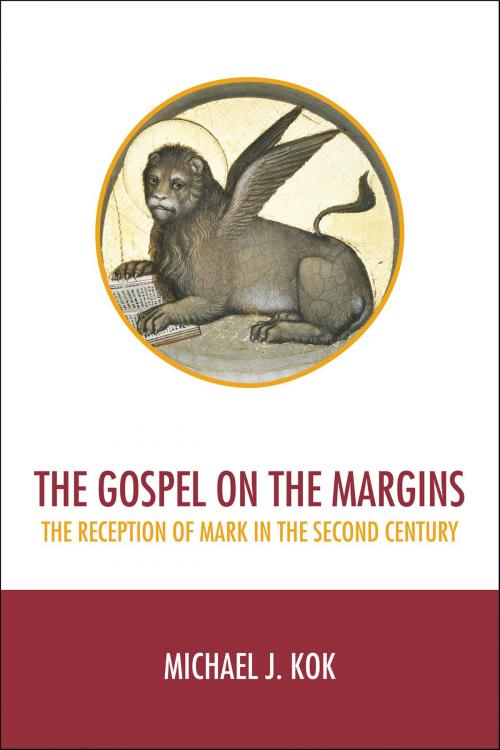The Gospel on the Margins
The Reception of Mark in the Second Century
Nonfiction, Religion & Spirituality, Bible & Bible Studies, New Testament, Study, Criticism & Interpretation| Author: | Michael J. Kok | ISBN: | 9781451494303 |
| Publisher: | Fortress Press | Publication: | February 1, 2015 |
| Imprint: | Fortress Press | Language: | English |
| Author: | Michael J. Kok |
| ISBN: | 9781451494303 |
| Publisher: | Fortress Press |
| Publication: | February 1, 2015 |
| Imprint: | Fortress Press |
| Language: | English |
Scholars of the Gospel of Mark usually discuss the merits of patristic references to the Gospel’s origin and Mark’s identity as the “interpreter” of Peter. But while the question of the Gospel’s historical origins draws attention, no one has asked why, despite virtually unanimous patristic association of the Gospel with Peter, one of the most prestigious apostolic founding figures in Christian memory, Mark's Gospel was mostly neglected by those same writers. Not only is the text of Mark the least represented of the canonical Gospels in patristic citations, commentaries, and manuscripts, but the explicit comments about the Evangelist reveal ambivalence about Mark’s literary or theological value. Michael J. Kok surveys the second-century reception of Mark, from Papias of Hierapolis to Clement of Alexandria, and finds that the patristic writers were hesitant to embrace Mark because they perceived it to be too easily adapted to rival Christian factions. Kok describes the story of Mark’s Petrine origins as a second-century move to assert ownership of the Gospel on the part of the emerging Orthodox Church.
Scholars of the Gospel of Mark usually discuss the merits of patristic references to the Gospel’s origin and Mark’s identity as the “interpreter” of Peter. But while the question of the Gospel’s historical origins draws attention, no one has asked why, despite virtually unanimous patristic association of the Gospel with Peter, one of the most prestigious apostolic founding figures in Christian memory, Mark's Gospel was mostly neglected by those same writers. Not only is the text of Mark the least represented of the canonical Gospels in patristic citations, commentaries, and manuscripts, but the explicit comments about the Evangelist reveal ambivalence about Mark’s literary or theological value. Michael J. Kok surveys the second-century reception of Mark, from Papias of Hierapolis to Clement of Alexandria, and finds that the patristic writers were hesitant to embrace Mark because they perceived it to be too easily adapted to rival Christian factions. Kok describes the story of Mark’s Petrine origins as a second-century move to assert ownership of the Gospel on the part of the emerging Orthodox Church.















